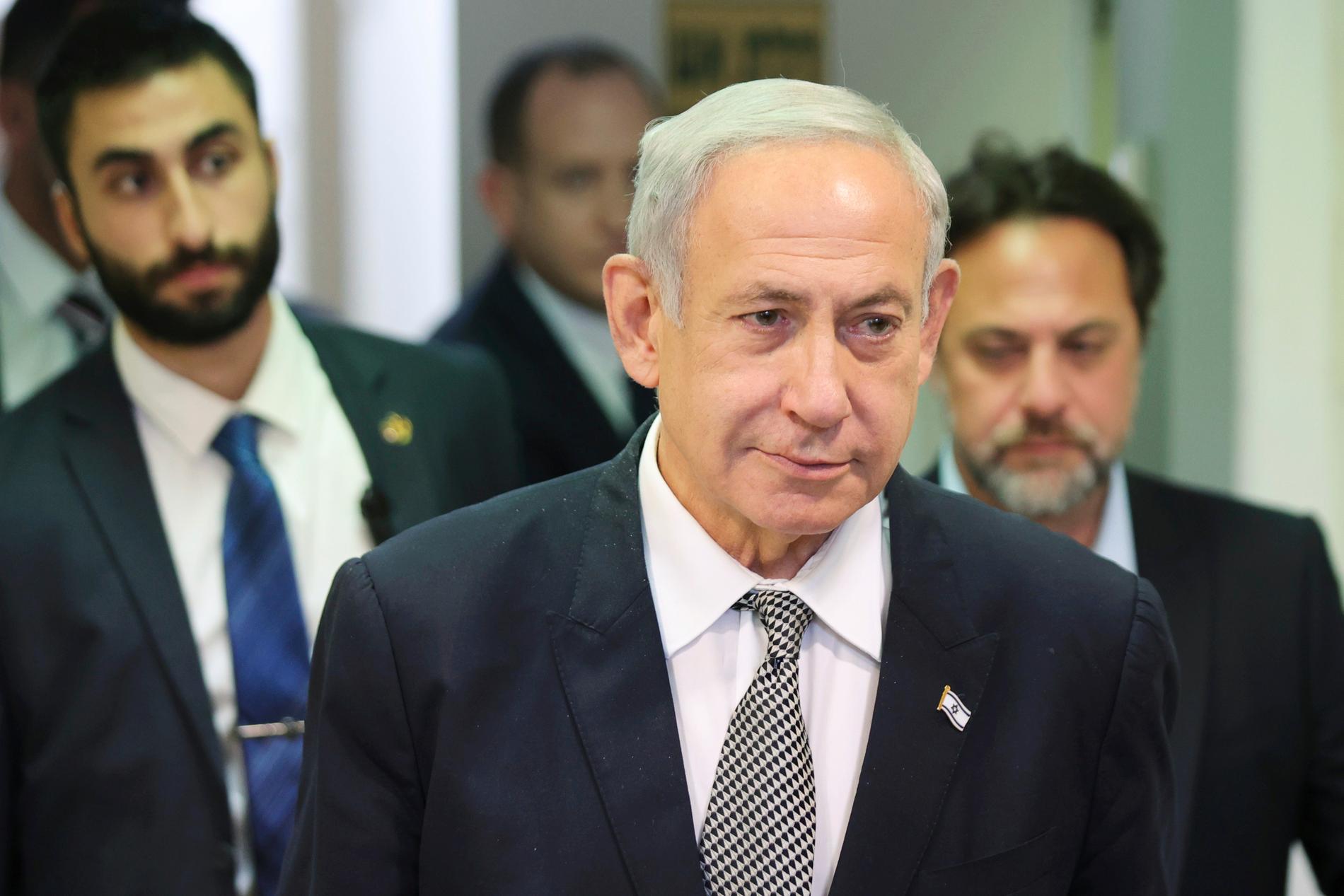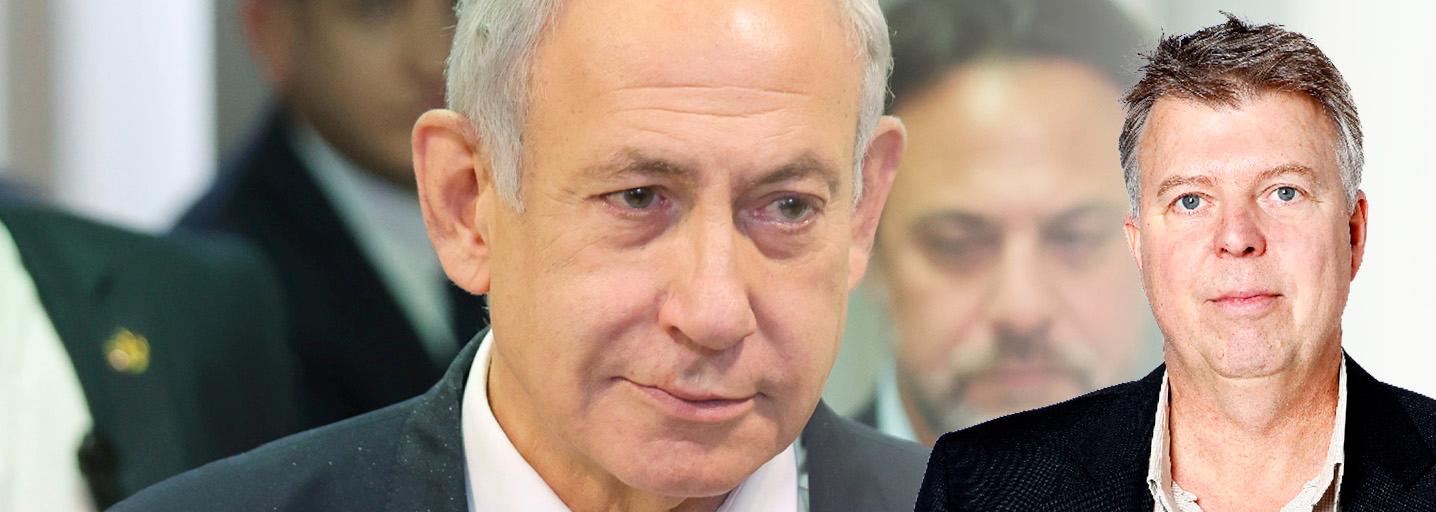Wolfgang Hansson
Netanyahu's right wing behind new spiral of violence
Published: Less than 3 hours ago
This is a commenting text. Analysis and positions are the writer's.
COLUMNISTS
Israel's new far-right government under Benyamin Netanyahu promised a tougher crackdown on the Palestinians.
It has become tougher. A record number of Palestinians were killed in an Israeli raid. The revenge was rocket fire from Gaza.
The risk is clear that we are facing a new bloody spiral of violence while Netanyahu turns Israel into an authoritarian state.
So far this year, 30 Palestinians have been killed in the West Bank, five of them under the age of 18. That's more than one per day during January. Something of a record in a conflict that has been rarely bloody and violent for decades.
Last year was the deadliest since the UN began keeping statistics in 2005, with 166 dead Palestinians in the West Bank and East Jerusalem.
The wave of violence is largely connected with Israel's most extreme right-wing government in living memory, which was voted in in the elections last fall.
The old right-winger Benjamin Netanyahu made a comeback as prime minister but instead of compromising towards the center he chose to form a government with a number of far-right religious parties.
The result has been a sharp increase in tension. Both towards the Palestinians in the Israeli-occupied West Bank and the part of Israel's population who absolutely do not want to see a series of religious extremists in power and who believe that Netanyahu is on the way to dismantling Israel's democratic institutions.
Itamar Ben-Gvir is security minister in the new government. He is previously convicted of incitement to racism. Now he has been given responsibility for how the police should act in the West Bank. He wants to make it easier for police and soldiers to shoot sharply at Palestinians and give them impunity.
While he is one of those pushing for new Jewish settlements to be founded on occupied land. Settlements that the UN considers illegal.

Benjamin Netanyahu. Photo: Abir Sultan / AP
New spiral of violence
The tougher ones have already shown themselves. When the Israeli army this week was about to arrest a suspected terrorist member of the Islamic Jihad militant group in the city of Jenin, nine Palestinians were killed after a firefight broke out. About 20 others were injured, some of them seriously. The deadliest attack in the West Bank in two decades. None of the Israeli soldiers were injured.
These kinds of raids arouse enormous anger among Palestinians who have lived for many decades under Israeli occupation.
Revenge came from the terrorist group Hamas, which rules in Gaza, in the form of a number of rockets being fired at southern Israel. Which in turn led to Israeli warplanes attacking targets in Gaza.
Thus, the spiral of violence starts again. The one that periodically leads to regular wars between Israel and the Palestinians.
The serious thing this time is that the new Israeli government has no plans whatsoever to start peace talks with the Palestinians. Instead, they want to force the Palestinians to accept the status quo, that they are second-class citizens in their own country while the Jewish state unilaterally sets the rules.
When US Secretary of State Anthony Blinken visits Israel and the West Bank early next week, he will try to convince Netanyahu that the only way to peace is through a two-state solution in which Israel leaves large parts of the West Bank so that the Palestinians can establish an independent state there.
Want to avoid prosecution
But Blinken will speak to deaf ears. On the contrary, Netanyahu's government wants to establish even more settlements, which makes it even more difficult to achieve peace.
Israel has long been regarded as the Middle East's only democracy. But now many fear that Netanyahu has embarked on the same authoritarian path as Hungary's Viktor Orban and Turkey's Erdogan.
Netanyahu's government wants to severely limit the power of the Supreme Court and replace the country's public service media with state-controlled ones.
The suspicion is strong that Netanyahu's actions are largely guided by his desire to get rid of the corruption charges hanging over him.
It has prompted tens of thousands of liberal Israelis to take out large demonstrations to stop Netanyahu's attempts to curtail democracy.
That the outside world is tired of the eternal conflict between Israel and the Palestinians plays into Netanyahu's hands. In the shadow of the war in Ukraine, he hopes that even gross abuses against the Palestinians and democracy will go unnoticed in Europe and the United States.

Inga kommentarer:
Skicka en kommentar